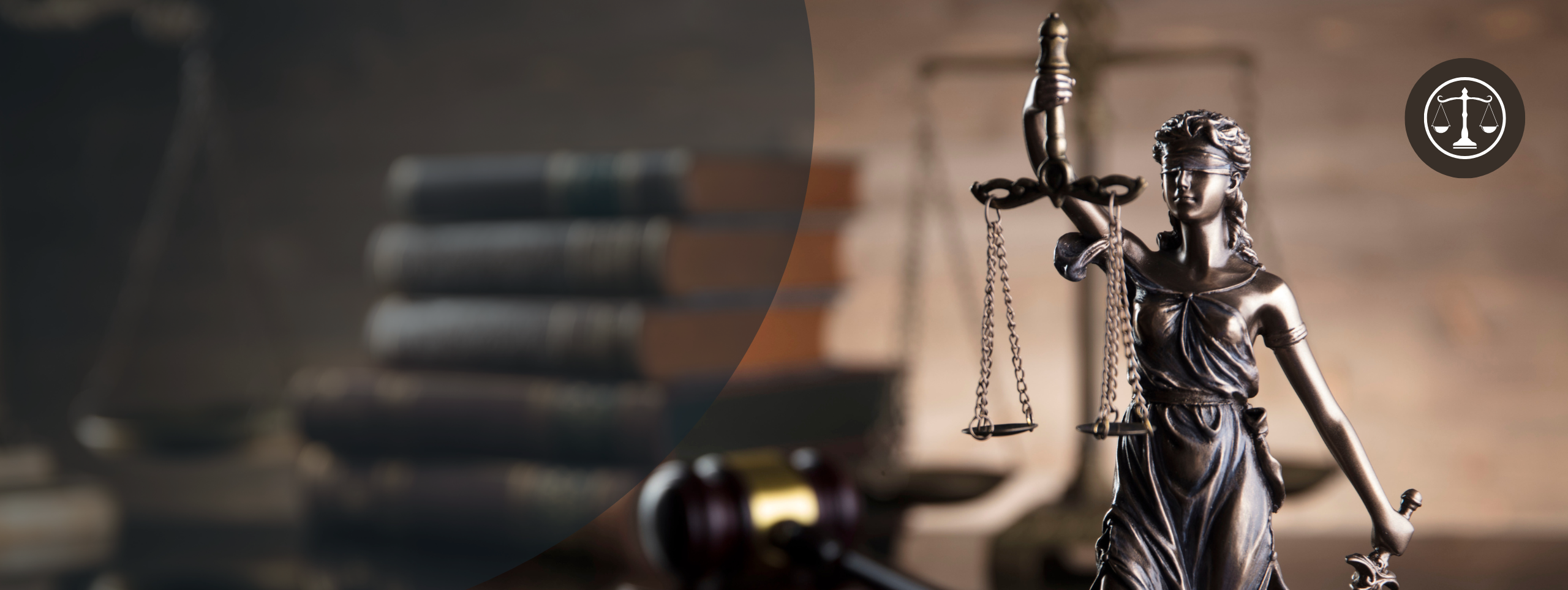Introduction
In Australia, especially in major cities like Sydney, where the Chinese community thrives, facing a criminal charge can be overwhelming. Whether you are an international student or a long-term resident, serious criminal cases may seem distant. However, with the government’s increasing crackdown on domestic violence, traffic offences, money laundering, and cannabis-related crimes, understanding how to respond to a police charge is crucial. This guide provides detailed measures to help you make informed decisions when facing criminal allegations.

How to Respond After Receiving a Police Charge Notice
When you are charged by the police, you will first receive a formal charge notice. This document outlines the legal basis of the charge, the fundamental facts of the alleged crime, and the date and location of your court appearance. Here are the steps you should take:
- Carefully read the charge notice to understand the specific offence you are accused of and the possible maximum penalty.
- You can look up relevant laws online to assess the severity of the case.
- If you agree with the facts stated in the charge notice and are willing to accept the maximum penalty, you may consider pleading guilty.
- A guilty plea is often seen as a mitigating factor, potentially leading to a reduced sentence.
- You can also present other mitigating circumstances, such as demonstrating remorse and cooperating with authorities.
- If you believe the charges are inaccurate or that you are innocent, seek professional legal help immediately.
- A lawyer can help you build a not guilty defence and guide you through complex legal proceedings.
What to Do If Taken to the Police Station
If you are taken to the police station for investigation—whether at home, on the road, or at a suspected crime scene—keep the following in mind:
- Police officers wear body cameras, so all interactions may be recorded.
- You have the right to remain silent, even if police provide an interpreter.
- Clearly state: “I have the right to remain silent until my lawyer is present.”
- Do not sign any documents or make statements until your lawyer arrives.
- Your lawyer will handle bail procedures and ensure your legal rights are protected.
- Being taken into custody can be stressful, but staying composed is crucial.
- Avoid making emotional statements that could later be used against you in court.
How to Handle Police Questioning and Searches
When interacting with police, be polite but assertive about your rights and obligations.
- Police have the right to stop and question you on the street.
- You should verify their identity and ask for the reason for the stop.
- You have the right not to answer questions beyond identity verification.
- Any statement you make may be recorded and used as evidence.
- Police can search you, your property, home, or vehicle if they have a valid search warrant or your consent.
- In some cases, searches can occur without a warrant.
- You can ask for the reason for the search but should comply.
- If you believe the search was unlawful, you can file a complaint later through your lawyer.
Bail and Release Procedures
After being taken into custody, you may be eligible for bail:
- In most cases, you have the right to apply for bail immediately.
- Bail conditions may include regular police check-ins, surrendering your passport, or travel restrictions.
- If police deny bail, you will be taken to court to apply for judicial bail.
- If granted, you must sign a bail undertaking before release.
- Bail is rarely granted in serious cases, such as large-scale drug trafficking or violent offences.
Seek Professional Legal Assistance
When facing criminal charges, retaining an experienced lawyer is essential. The criminal defence team at Brightstone Legal has extensive experience in handling police questioning, court defence, and bail applications. We provide expert legal guidance to protect your rights at every stage of the legal process.
Disclaimer:
This article is for informational purposes only and does not constitute legal advice. For specific legal issues, please consult a qualified lawyer.
Was this article helpful?
News

Criminal Lawyer Alex Cao Invited to Participate in Australian Government and SBS Collaboration Project: Understanding Sexual Consent
16/01/2025We help with your legal needs today!
Don’t worry, just book a time and talk to our solicitor and we’ll help you.








